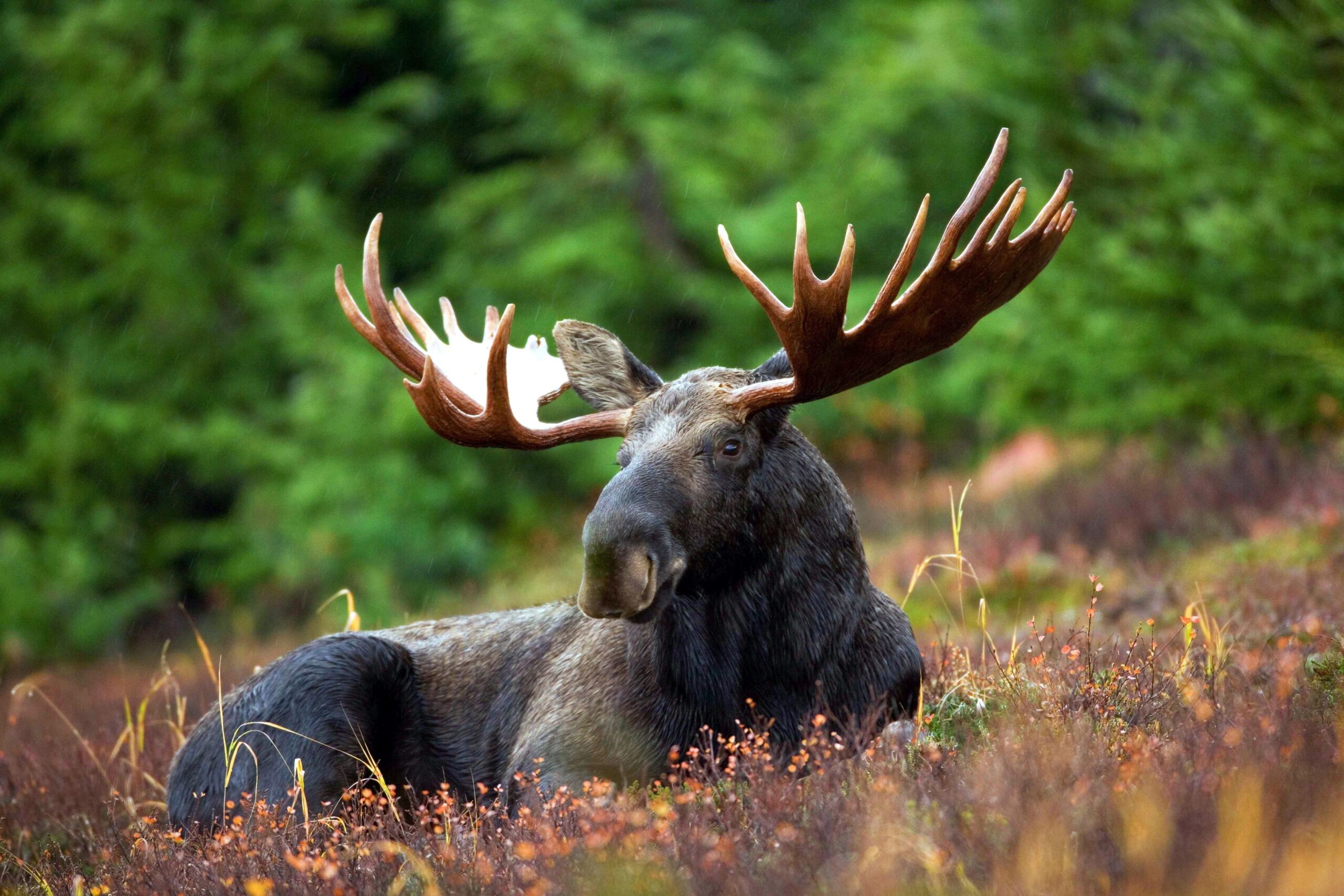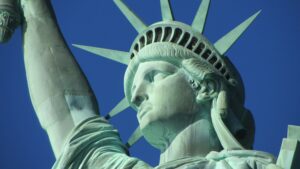Positive
I disagree with the statement that wild animals have no place in the 21st century, and that protecting them is a waste of resources. In fact, I believe that protecting wild animals is crucial for the well-being of our planet, and there are several reasons why.
First and foremost, wild animals are an essential part of our ecosystem. They play a crucial role in maintaining a healthy balance between different species and contribute to the overall health of our planet. For instance, bees and other pollinators are responsible for the growth of many of the fruits and vegetables we eat, and their disappearance would have a devastating impact on our food system.
Secondly, wild animals have enormous cultural and educational value. They are an integral part of our heritage and have been the subject of stories, myths, and legends for centuries. Protecting them not only preserves our cultural identity but also provides opportunities for education and research. Zoos, wildlife parks, and other conservation organizations provide a platform for researchers and conservationists to study these animals and develop strategies for their protection.
Lastly, wild animals have intrinsic value and are entitled to their own existence. They are sentient beings that are capable of experiencing pain and suffering. As such, we have a moral obligation to protect them and ensure that they are not subjected to unnecessary harm.
In conclusion, protecting wild animals is not a waste of resources, but rather an investment in our planet’s future. These animals play a crucial role in our ecosystem, have cultural and educational value, and are entitled to their own existence. We must work together to ensure that they are protected and preserved for future generations to come.
Negative
I am tasked to present a negative perspective on the statement that wild animals have no place in the 21st century, and that protecting them is a waste of resources. While I recognize the importance of preserving nature and wildlife, I partially agree with this statement for several reasons.
Firstly, resources used to protect wild animals could be better utilized elsewhere. With so many pressing issues facing humanity today, such as poverty, hunger, and climate change, it seems unreasonable to invest vast amounts of money, time, and energy in protecting wild animals. Instead, these resources could be allocated towards solving these issues, which would have a direct and more significant impact on people’s lives.
Secondly, the protection of wild animals often comes at the expense of human interests. The land used to protect animals is often land that could be used for agriculture, housing, or other human needs. Protecting animals in areas such as national parks can also limit access to these areas for human recreation or development. In extreme cases, some wild animals, such as lions or crocodiles, pose a direct threat to human life and livelihoods, making it difficult to justify their protection.
Lastly, the concept of wild animals having no place in the 21st century may be an acknowledgment of the reality of the modern world. As humanity advances and expands, the natural habitats of wild animals are continually being encroached upon, leading to human-wildlife conflict. This can result in property damage, loss of livestock, and even loss of human life. Protecting wild animals in such situations may prove to be futile as they are unable to adapt to the changing environment.
In conclusion, while protecting wild animals is undoubtedly essential, it is necessary to consider the opportunity cost of these actions. Investing resources in the protection of animals may come at the expense of addressing more pressing issues, may be in direct conflict with human interests, and may be impractical in the face of the modern world’s realities. As such, we should reconsider the value of wildlife protection and balance it against other priorities.









Comments